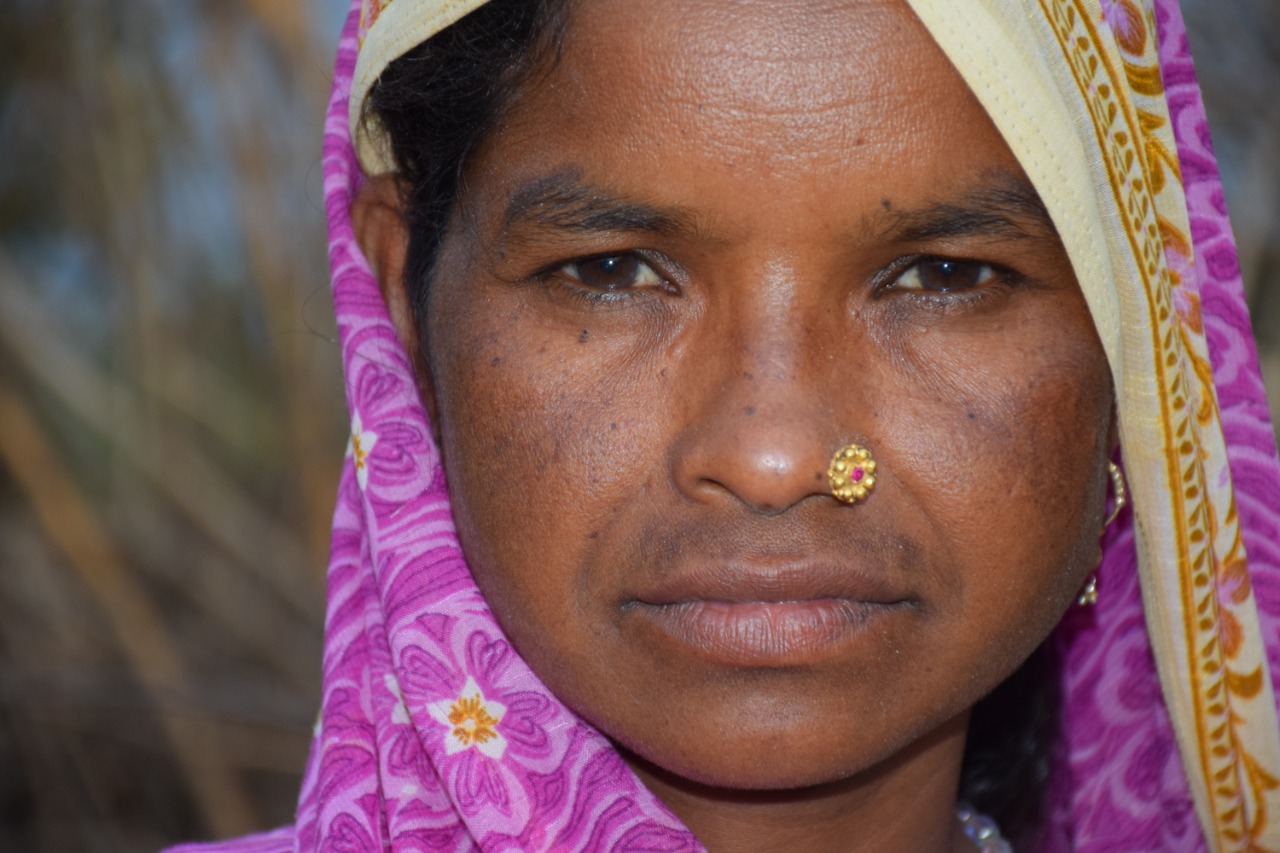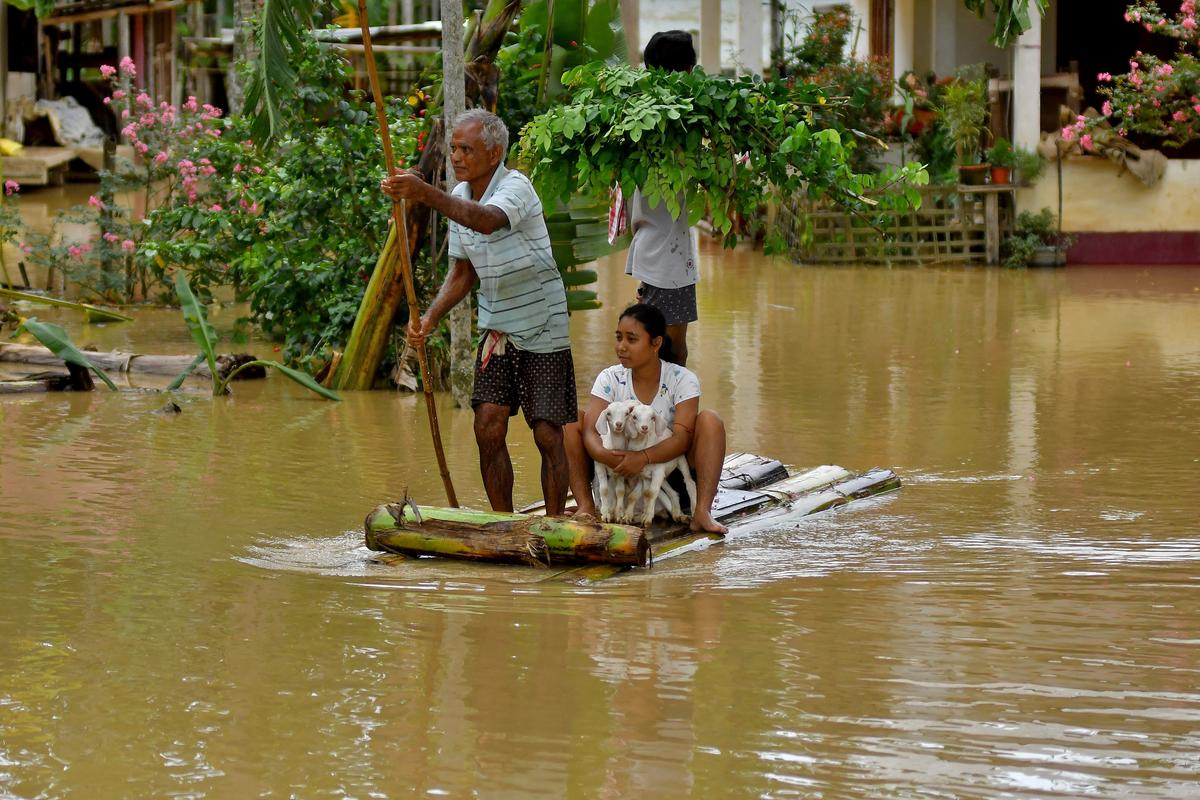CASA BLOGS

Dire need of financial aid amidst the Pandemic
Story & Edits By: Priyank Samuel
Images: Priyank Samuel & Sanjeev Singh
Written By: Md Mahafooz Alam
The second wave of COVID-19 in India was severe than the first wave. There was a sudden surge in the number of cases again in March after the decline in September last year. In comparison to the first wave, the cases in the second wave were almost four to five times higher. Lockdowns were again imposed in selected epicenters of the new COVID-19 variant spreads.
The mortality rate was higher in all age groups except those below 20 years. The infection during the second wave caused acute shortness of breath which needed supplemental oxygen and mechanical ventilation. With the increase in the number of cases, the need for the hospital bed and oxygen increased manifold. The pandemic did cause massive loss of lives; however, the lockdown also inflicted an economic crisis. It mostly affected the marginalised communities who are daily wager workers and the farmers sustaining their livelihood from agriculture.
CASA ran intervention programmes with its volunteers at remote locations in India to help those affected by the pandemic. The volunteers conducted a need-based assessment in the villages of Dehradun district to identify beneficiaries for unconditional monetary support and Hygiene kits. Sandeep Chauhan a 36-year-old farmer of Lakhwar village, Dehradun District, Uttarakhand was one of the identified beneficiaries for unconditional monetary support. Chauhan shared, “My wife, Sudha, had tested positive for COVID-19. Initially, we took it casually when she was diagnosed with fever, later, she showed symptoms of cough and sneezing we went to the hospital. However, we were shocked and nervous when she tested positive for the COVID-19.”
Chauhan’s family along with his wife were isolated for fourteen days. Since they are mainly dependent on agricultural yield for their livelihood, they were facing economic problems during this isolation period. He thanked CASA and said, “With the monetary help of Rs. 3000, we purchased the required medicines and ration for the family.” There are five members in Chauhan’s family, along with his wife and mother, he has two sons of 2 and 4 years of age Adharv and Yash respectively.

“Since the commencement of the lockdown in the state we were not able to commute to sell the yield and earn our livelihood, which led to severe financial crunch but was not able to ask for any favour from others because everyone was in a similar situation.” sighed Chauhan. However, he became hopeful with the intervention of CASA as he was in dire need of financial help during the isolation period and is much grateful for the hygiene kit support to help his family stay healthy and safe.
He said, “CASA for me had come as a blessing in a time of crisis.”
 Previous Blog Post Liberation from the Shackles of Stain-Shaming
Previous Blog Post Liberation from the Shackles of Stain-Shaming Sharing Care with the Caregivers
Sharing Care with the CaregiversFeatured Post

Mental Health Awareness in India: Addressing Key Challenges
8 Nov 2024
Mental health awareness is crucial in India, where millions silently struggle with mental health disorders, including depression, anxiety, and bipolar disorder. Despite growing recognition, India faces unique challenges in effectively addressing mental health issues. The stigma associated with mental illness remains a primary barrier. In Indian society, mental health issues are often misunderstood, leading to […]

Ensuring Girls’ Safety in India: A Path Toward Empowerment
20 Aug 2024
Girls’ safety in India remains a critical issue that has garnered increasing attention over the years. Despite various reforms and efforts from both government and civil society, challenges persist. From street harassment to domestic violence, gender-based discrimination continues to limit the freedom and safety of girls. While significant progress has been made in addressing these […]

The Connection Between Monsoons and Floods in India: An In-Depth Analysis
9 Jul 2024
India, a land of diverse climates and geographical features, relies heavily on the monsoon season for its agricultural and water resources. However, with the benefits of the monsoon rains come significant challenges, particularly in the form of floods. This blog explores the intricate relationship between the monsoon season and flooding in India, providing detailed insights […]



Leave a Reply
You must be logged in to post a comment.